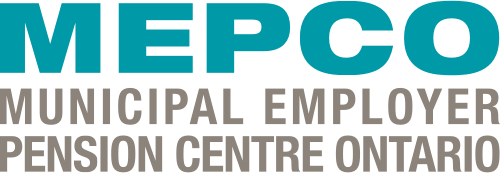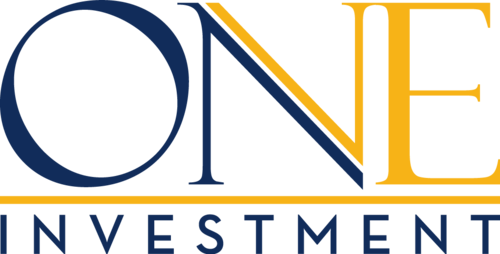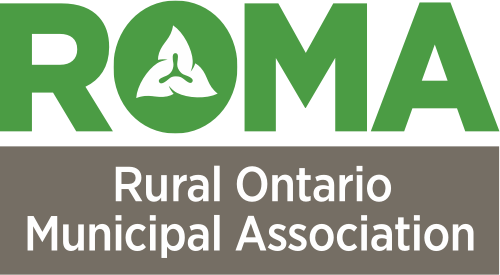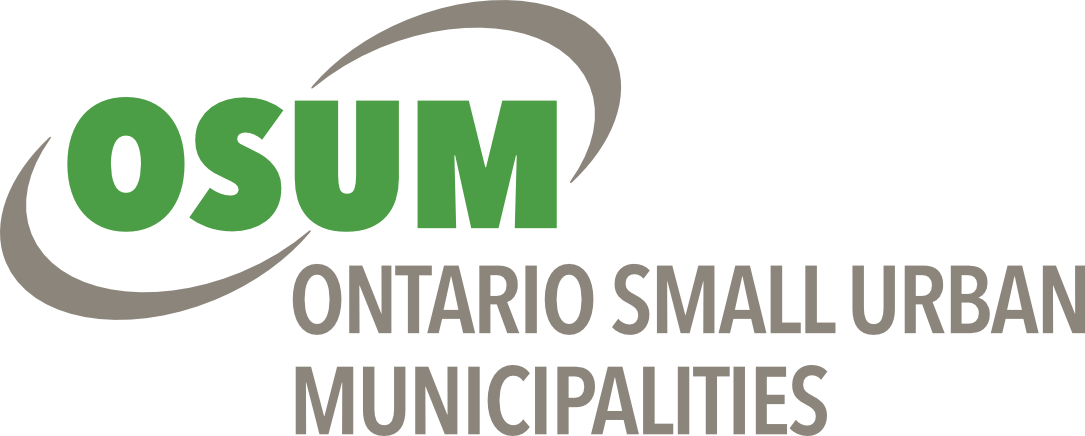Federal Carbon Tax Update
Background
A federal fuel charge of $20/tonne of carbon emissions came into effect on April 1, 2019, as a means to reduce Greenhouse Gas (GHG) Emissions. The fuel charge assigns a value to each tonne of GHG emissions, measured in carbon dioxide equivalent (tCO2e), beginning at $20/tCO2e in 2019 and increasing by $10 annually to $50/tCO2e in 2022.
In 2019, the province of Ontario challenged the federal carbon tax, deeming the tax unconstitutional. In June 2019, Ontario’s top court ruled that the federal carbon tax does not overstep provincial jurisdiction, and thus the tax was to remain in place.
With a Liberal minority government win in the October 2019 federal election, the federal carbon tax would remain in place for the provinces of Ontario, Manitoba, Saskatchewan and Alberta that previously did not have a pricing system of their own.
The provinces of Alberta, Ontario, Saskatchewan and Manitoba continue their fight in court with federal government regarding the future of the carbon tax. The Supreme Court of Canada is set to hear appeals from Ontario and Saskatchewan in the month of March regarding the previous rulings.
Fuel Charge
The federal carbon tax applies to fuel producers and distributors who will pass on the costs to consumers. See below table for Federal Fuel Charge Rates for 2019-2022:
|
Federal Fuel Charge Rates |
|||||
|
Type |
Unit ($ per) |
April 2019 |
April 2020 |
April 2021 |
April 2022 |
|
Marketable Natural Gas |
m3 |
$0.0391 |
$0.0587 |
$0.0783 |
$0.0979 |
The fuel charge appears on end user monthly utility (i.e. Enbridge) invoices as a separate line item calculated on actual natural gas usage.
Impact to LAS Members
As outlined in the above table, with the price already set at $0.0391/m3, end users can expect an increase come April 1/20, as the carbon tax will rise to $0.0587/m3 (a 50% year over year increase) as part of the overarching Liberal plan. It is strongly recommended that LAS members budget for the increase in natural gas costs effective April 1, 2020 as the charge has a significant cost impact, representing approximately 25% of natural gas costs.
As it stands now, there are no direct rebates available for municipalities to offset the federal carbon tax. Partial relief is available for rural and remote communities, as well as certain groups or sectors such as farmers, fishers and greenhouse operators. For municipalities, any funding available would come from the Climate Action Incentive Fund (CAIF) for the MUSH sector, which goes towards green initiatives. You can follow the government’s announcements for any new programs at the following this link.
For any questions regarding the Federal Carbon Pricing System and the impact to LAS members, please contact LAS@LAS.on.ca, 416-971-9856.





